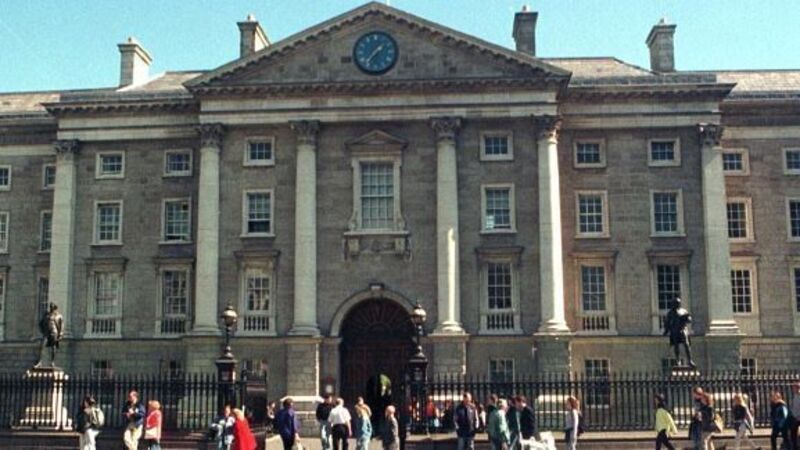College fees and funding the thorny question

Any parties trying to agree a programme for government in the first days of March will have to decide how to fund expansion of third-level education and whether students should pay their share.
In its education policy document, Fianna Fáil merely says it would introduce a deferred payment facility, seeing students repaying some or all the cost of their degrees after reaching a certain income level. Based on plans known to be under closest scrutiny by Department of Education officials under Tánaiste Mary Coughlan’s tenure, this could see up to €25,000 being paid back over 10 years by an arts graduate who enters a teaching career.













